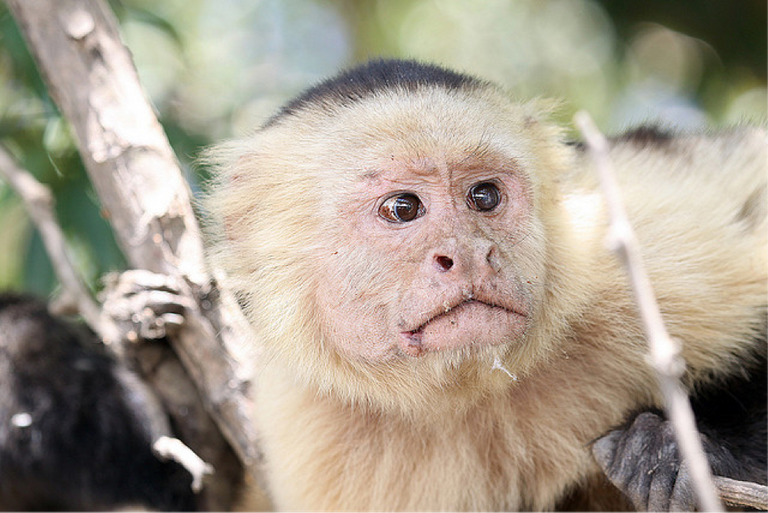
Theta-defensins are a family of peptides with anti-microbial activity found in mammalian cells. These peptides are found in “Old World” primates, but not in human, gorilla, bonobo, and chimpanzee.
Theta-defensins have antimicrobial activity against a range of Gram-positive and Gram-negative bacteria, fungi, and some retroviruses.
The antimicrobial activity of these peptides is generally through binding to and disrupting the cell membrane. This activity appears to derive from their binding to the sugar component of glycoproteins and blocking the entry of viruses into the cell.
Human genomes do encode θ-defensin genes which are transcribed to mRNA but they are not translated into proteins due to a premature stop codon. When the mature defensin that would be expressed is chemically synthesized in a laboratory, it shows antimicrobial activity (including anti-retrovirus, leading to the name retrocyclin). The anti-HIV activity of retrocyclins has been enhanced by protein engineering efforts with the aim of generating a viable treatment.
Hi! I am a robot. I just upvoted you! I found similar content that readers might be interested in:
https://en.wikipedia.org/wiki/Theta_defensin
Thank you. I have cited the link as the reference in the article.
Congratulations @neveesa! You have completed some achievement on Steemit and have been rewarded with new badge(s) :
Click on any badge to view your own Board of Honor on SteemitBoard.
For more information about SteemitBoard, click here
If you no longer want to receive notifications, reply to this comment with the word
STOP